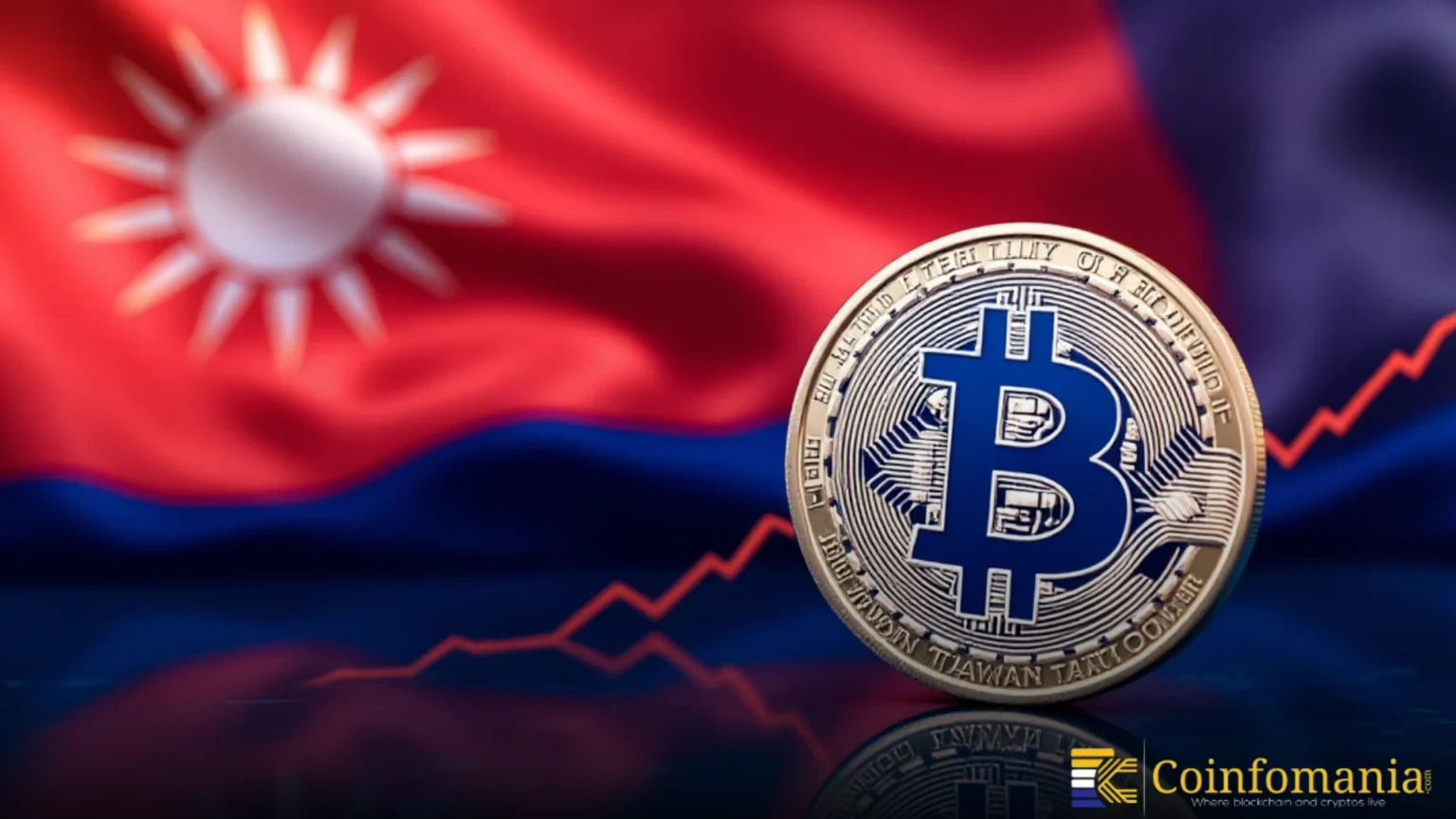Title: Taiwan Lawmaker Proposes Bitcoin Inclusion in National Strategic Reserve
In a groundbreaking move that signals Taiwan’s warming stance towards cryptocurrencies, a local lawmaker has urged the government to consider the inclusion of Bitcoin in the country’s strategic reserves. This bold proposal aims to position Taiwan at the forefront of the global digital currency revolution and safeguard the nation’s financial future amid rapidly changing global economic conditions.
Advocating for a New Economic Vision
The lawmaker, a prominent figure in Taiwan’s legislative body, emphasized Bitcoin’s growing acceptance as a legitimate and stable store of value on the international stage. By potentially adding Bitcoin to its strategic reserves, Taiwan could diversify its monetary strategy, reducing reliance on traditional reserves like gold and foreign currencies, which can be volatile and subject to geopolitical pressures.
Strategic Considerations
The inclusion of Bitcoin in Taiwan’s strategic reserves is being considered not just as a financial asset but as a critical component of the nation’s strategic economic positioning. Advocates argue that with Bitcoin’s capped supply and decentralization, the digital asset holds the potential to act as a hedge against inflation and currency devaluation. The proposal also suggests that embracing cryptocurrencies could enhance Taiwan’s attractiveness as a hub for technological innovation and investment.
Regulatory and Economic Implications
Despite the enthusiasm surrounding the proposal, it has sparked a larger conversation about the need for robust regulatory frameworks to manage and secure such reserves. Cybersecurity concerns, market volatility, and regulatory compliance are among the top issues that the Taiwanese government would need to address to safeguard these assets.
Economically, the move could lead to a reevaluation of existing financial laws and prompt new developments in financial technology and services. It would also position Taiwan as one of the pioneering countries in the official endorsement of cryptocurrencies.
Global Context and Challenges
The lawmaker’s push aligns with actions taken by other governments, such as El Salvador, which made headlines by adopting Bitcoin as legal tender. However, there are considerable risks and challenges involved, including the cryptocurrency’s often dramatic price fluctuations and its reception on the global economic stage.
Critics argue that the proposal could expose Taiwan’s economy to unnecessary financial risk should the market for Bitcoin face turmoil. Conversely, proponents highlight the strategic long-term potential of cryptocurrencies to stabilize and diversify economic holdings.
Conclusion
As debates continue, the Taiwanese government faces a critical decision on whether to adopt this forward-thinking but controversial strategy. If accepted, this policy could mark a significant chapter in Taiwan’s economic policy, dramatically altering its financial landscape. This decision will undoubtedly be observed closely both domestically and internationally, as it could influence other nations contemplating similar measures in the digital age.
This push by the Taiwanese lawmaker reflects a broader global trend of recognizing and institutionalizing cryptocurrencies. It will be crucial to observe how Taiwan navigates these uncharted waters, balancing innovation with stability in its economic strategies.






